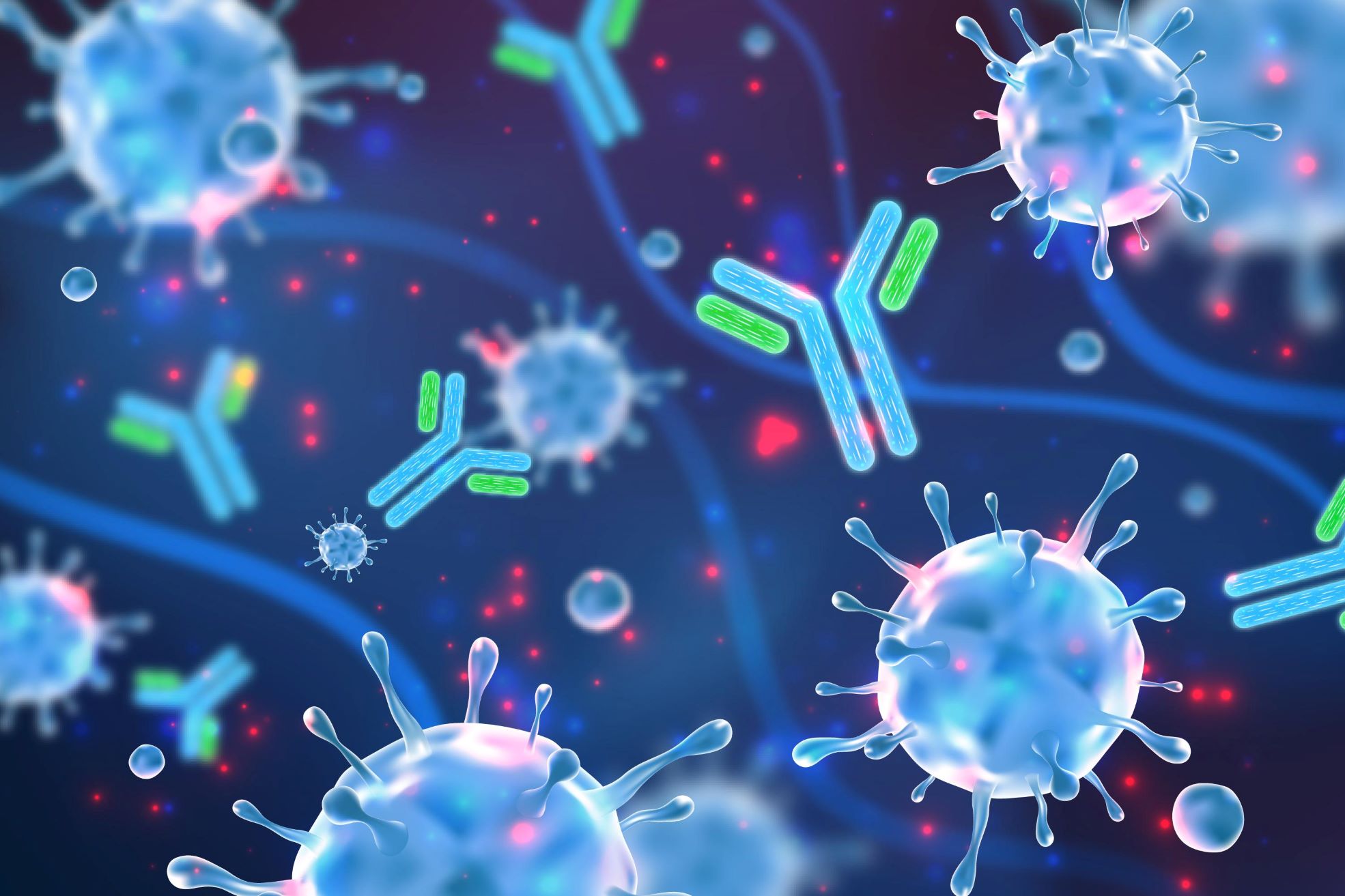Antibodies are the fastest growing type of therapeutics. Since the commercialisation of the first therapeutic antibody product in 1986, it has grown to become the dominant product class within the biopharmaceutical market. Originally based on animal or human antibodies, they were developed in laboratories and later mass produced, with their effectiveness being limited compared to the original antibodies. However, with technology advancing, new methods are being developed in generating antibodies in order to make them effective in dealing with various types of diseases.
Recent corona crisis brought to the forefront the topic of antibodies and their ability to fight a decease. Monoclonal antibodies (an antibody produced from a cell line made by cloning a unique white blood cell) have been used for many individuals with COVID-19 who are considered to be in a high risk category. And this treatment proved to be a lifesaver for them.
Antibody treatment has emerged as a critical component of the anticancer arsenal. These treatments make use of their ability to target proteins that are only found on the surface of cancer cells. Many monoclonal antibodies that target a specific tumour cell surface protein and cause cellular death have been approved for therapeutic usage, and many more are being developed to improve its efficacy.
However, one Israeli professor took a somewhat different approach to the problem. Prof. Yanay Ofran decided to venture out and boost the performance of antibodies in a non-conventional way. He designed antibodies by using artificial intelligence.
His new AU-007 antibody treatment is designed to make antibodies multifunctional and enhance decease fighting cells while suppressing those that cause the sickness.
Instead of fulfilling one specific function, Ofran programmed antibodies, which he calls nanorobots, with the ability to analyse their environment and act in a way that would fit specific cells they encounter.
Professor Ofran’s invention has been currently undergoing a trial with cancer patients in Australia. The medicine made of his antibodies designed on the computer is being tested in its ability to strengthen the cells that hinder cancer from spreading and fight cells that support tumour.
If this experiment is successful, it could pave the path for more effective therapy in the future to combat diseases, which was unimaginable a decade ago.





0 Comments